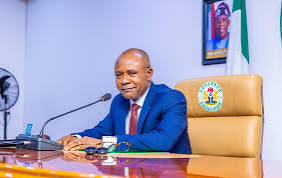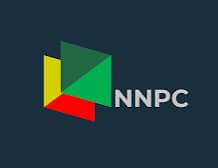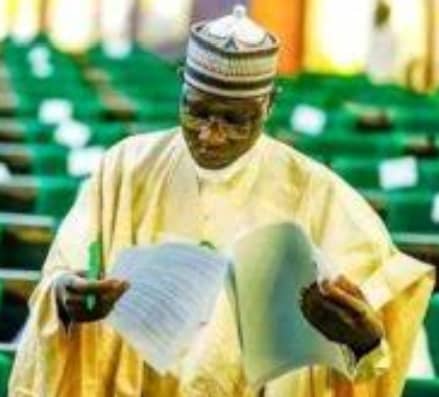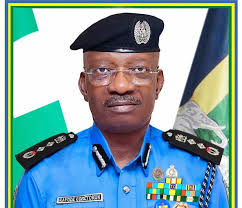
Gov Mbah Okays N80,000 Minimum Wage For Enugu Workers
Mohammed Shosanya Governor of Enugu State, Dr. Peter Mbah, has approved N80,000 minimum wage for the state’s work force, including local government workers, effective October 2024.














